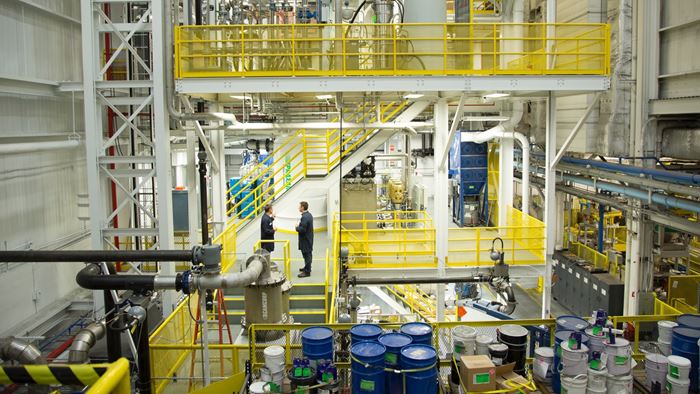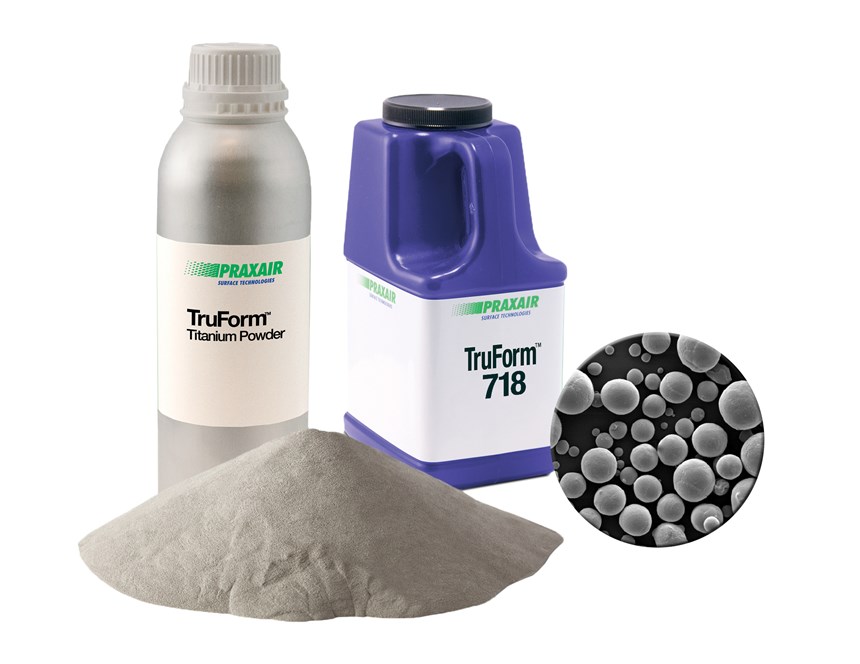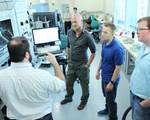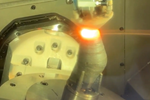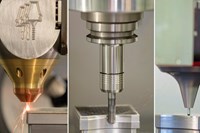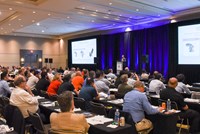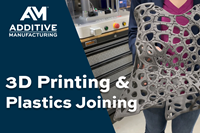Grant Supports Additive Manufacturing for North American Universities
As interest in additive manufacturing from the academic community steadily grows, Praxair Surface Technologies announces a grant that will provide select universities with powder materials as well as engineering assistance and material testing.
Share
Read Next
Praxair Surface Technologies (PST) is offering a limited number of in-kind grants to select North American universities through its surface technologies business. The grant recipients will receive material and engineering assistance to support metal additive manufacturing courses and projects from PST, as well as PST’s TruForm metal powder for additive manufacturing applications. Praxair’s team will also provide material testing and consultation.
“As a leading supplier of metal powder for additive manufacturing, we want to invest more in technology development to help grow the next generation of engineers,” says Dean Hackett, PST vice president of Advanced Materials & Equipment. “By offering our materials and other resources, we hope to support this exciting technology.”
The grant application form can be found here, along with more details related to what Praxair is calling the TruForm AMbition Grant. Grant applications will be accepted through December 31, 2017, and winners will be notified by February 28, 2018.
“Each day, more and more universities are incorporating metal additive manufacturing courses into their curricula,” says Andy Shives, business manager for Additive Manufacturing at PST. “We want to support growth in additive manufacturing projects within the academic community and hope that these grants will allow more schools to put a larger emphasis on metal AM. We also hope to gather more data on additional alloys to move the industry forward, while connecting academic projects with real industry projects.”
Praxair Surface Technologies, a subsidiary of Praxair, Inc., currently supplies cobalt, copper, iron, nickel and titanium based alloys and also offers the associated industrial gases to the additive manufacturing industry. PST’s Indianapolis location also operates multiple additive machines in its Additive Manufacturing Lab.
Related Content
-
AM 101: Digital Light Synthesis (DLS)
Digital Light Synthesis (DLS) is the name for Carbon's resin-based 3D printing process. How it works and how it differs from stereolithography.
-
VulcanForms Is Forging a New Model for Large-Scale Production (and It's More Than 3D Printing)
The MIT spinout leverages proprietary high-power laser powder bed fusion alongside machining in the context of digitized, cost-effective and “maniacally focused” production.
-
How 3D Printing Will Change Composites Manufacturing
A Q&A with the editor-in-chief of CompositesWorld explores tooling, continuous fiber, hybrid processes, and the opportunities for smaller and more intricate composite parts.


